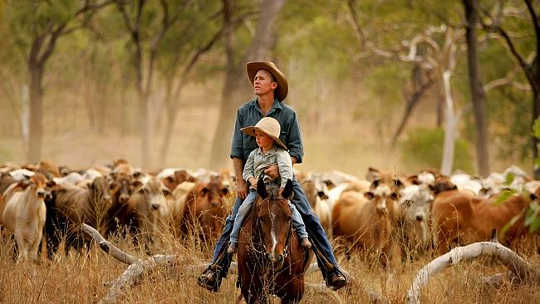 2016-17 has been a great year for Australian farmers, with record production, exports and profits. These records have been driven largely by good weather, in particular a wet winter in 2016, which led to exceptional yields for major crops
2016-17 has been a great year for Australian farmers, with record production, exports and profits. These records have been driven largely by good weather, in particular a wet winter in 2016, which led to exceptional yields for major crops
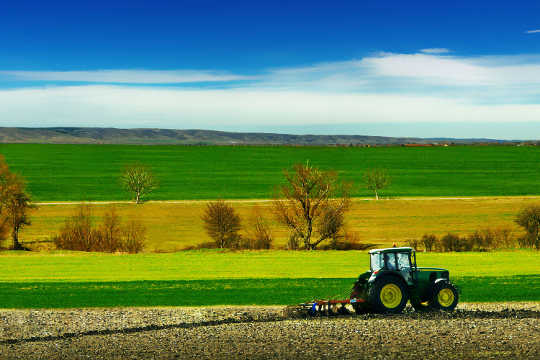 President Trump, congressional Republicans and most American farmers share common positions on climate change
President Trump, congressional Republicans and most American farmers share common positions on climate change
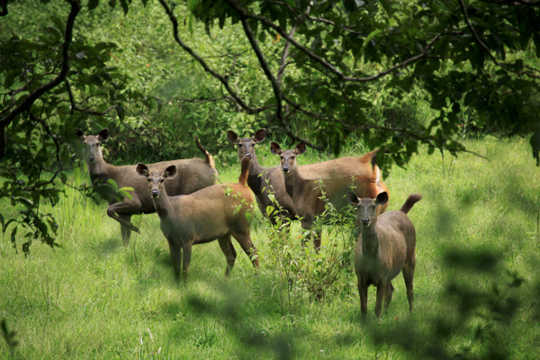 Last year in Paris, for the very first time, English sparkling wine beat champagne in a blind tasting event.
Last year in Paris, for the very first time, English sparkling wine beat champagne in a blind tasting event.
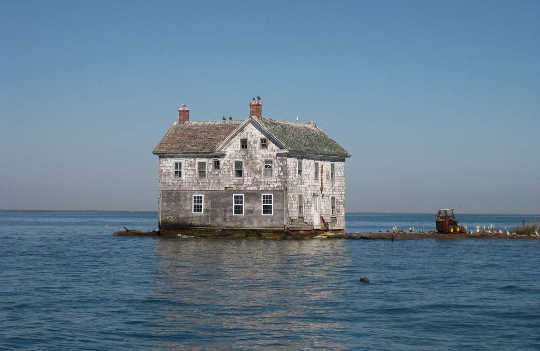 An ever-changing climate can put certain regions in the crosshairs of coastal flooding, heavy rain, erosion, and other risks.
An ever-changing climate can put certain regions in the crosshairs of coastal flooding, heavy rain, erosion, and other risks.
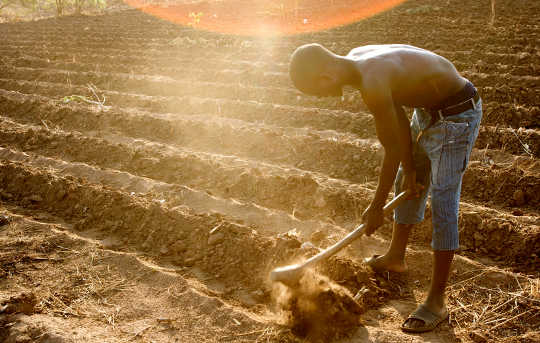 African nations have overwhelmingly included climate resilient agriculture in their indicative pledges to the United Nations. And agriculture is seen as a major focus through a common position of the African Union on climate adaptation.
African nations have overwhelmingly included climate resilient agriculture in their indicative pledges to the United Nations. And agriculture is seen as a major focus through a common position of the African Union on climate adaptation.
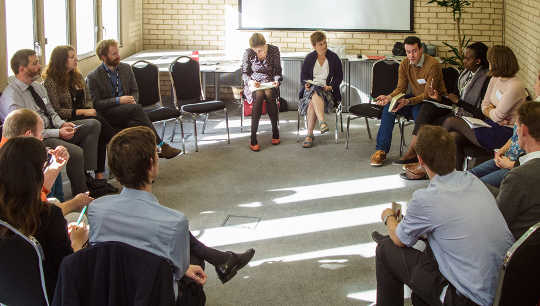 Conversations about climate change often derail into arguments about whether global warming exists, whether climate change is already happening, the extent to which human activity is a cause and which beliefs are based in evidence versus propaganda.
Conversations about climate change often derail into arguments about whether global warming exists, whether climate change is already happening, the extent to which human activity is a cause and which beliefs are based in evidence versus propaganda. ![]()
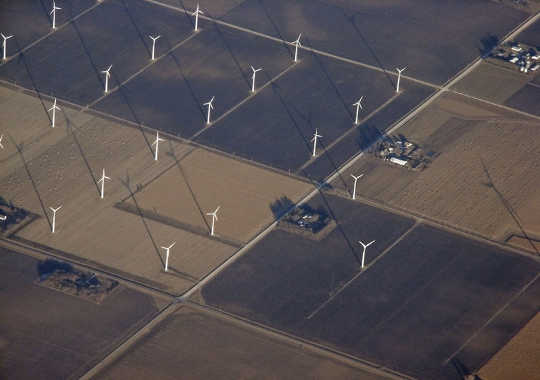 President Donald Trump has the environmental community understandably concerned.
President Donald Trump has the environmental community understandably concerned.
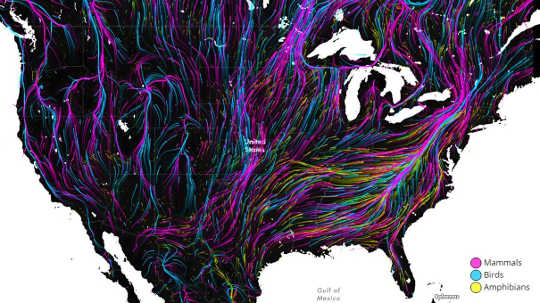 Finding the optimum environment and avoiding uninhabitable conditions has been a challenge faced by species throughout the history of life on Earth.
Finding the optimum environment and avoiding uninhabitable conditions has been a challenge faced by species throughout the history of life on Earth.
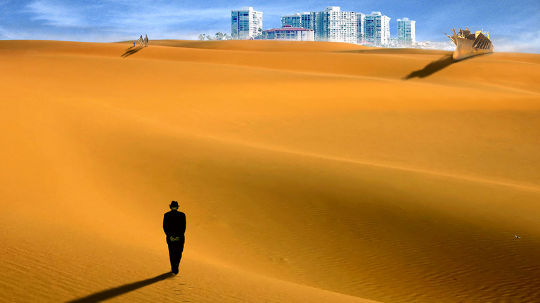 In 2011, a marine heatwave hit the west coast of Australia leading to ten days of above average sea temperatures.
In 2011, a marine heatwave hit the west coast of Australia leading to ten days of above average sea temperatures.
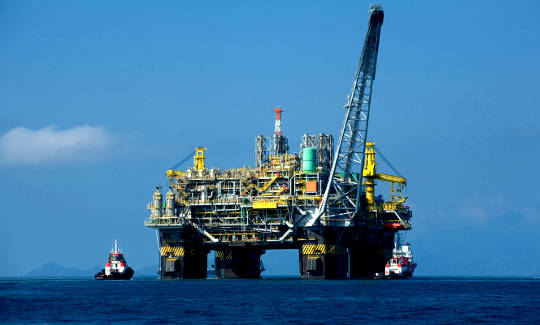 At the UN Climate Negotiations in Paris the world agreed to keep global warming to well below 2°C, above pre-industrial levels.
At the UN Climate Negotiations in Paris the world agreed to keep global warming to well below 2°C, above pre-industrial levels.
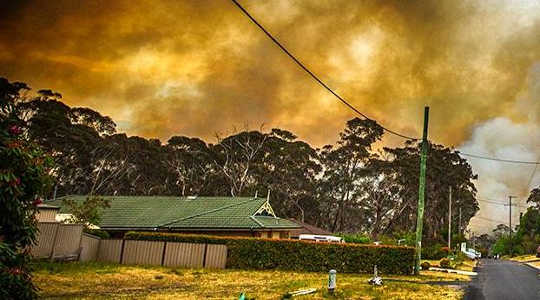 The soaring temperatures of recent hottest years on record will be the norm by 2040, with Australia first to feel the heat.
The soaring temperatures of recent hottest years on record will be the norm by 2040, with Australia first to feel the heat.
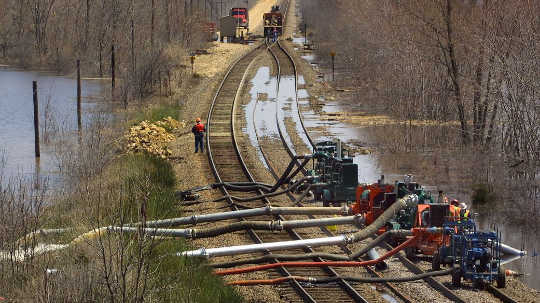 Educating rural communities can help them prevent permanent damage to the environment. There is a common misconception that you can’t talk about climate change in rural communities because the issue is considered too polarizing...
Educating rural communities can help them prevent permanent damage to the environment. There is a common misconception that you can’t talk about climate change in rural communities because the issue is considered too polarizing...
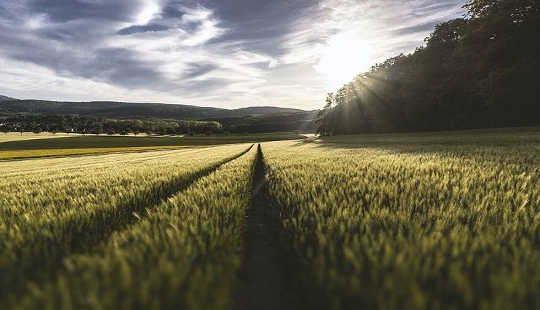 People depend on grass crops for food, but new research raises concerns that if climate changes too fast, grasses won’t adapt fast enough to keep pace.
People depend on grass crops for food, but new research raises concerns that if climate changes too fast, grasses won’t adapt fast enough to keep pace.

Scientists show how humans can improve poor people’s lives by reversing practices that destroy the environment and fuel climate change.
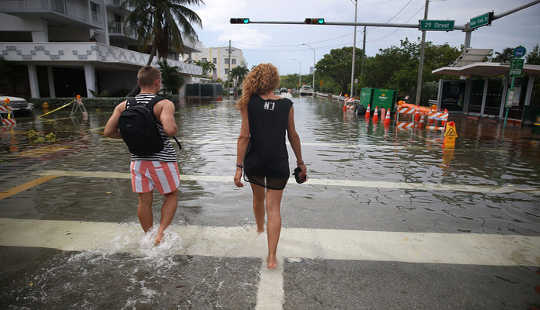 With every passing year, Southeast Florida faces more pressure to adapt to climate change. The region already experiences the effects of climate change, such as flooding on sunny days during the highest tides of the year
With every passing year, Southeast Florida faces more pressure to adapt to climate change. The region already experiences the effects of climate change, such as flooding on sunny days during the highest tides of the year
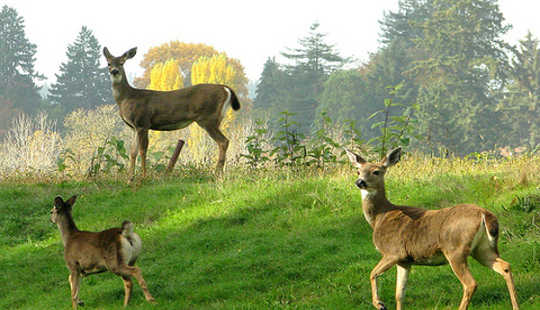 Ecosystems are already showing the signs of climate change, from the recent death of mangrove forests in northern Australia, to the decline in birds in eastern Australia, to the inability of mountain ash forests to recover from frequent fires.
Ecosystems are already showing the signs of climate change, from the recent death of mangrove forests in northern Australia, to the decline in birds in eastern Australia, to the inability of mountain ash forests to recover from frequent fires.
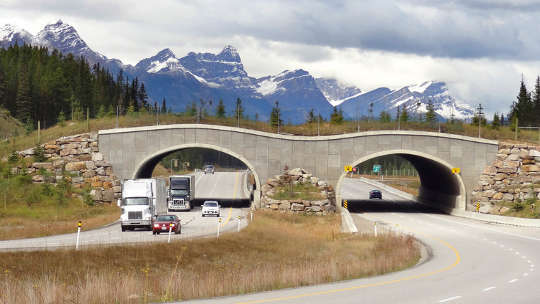 If you flip over a log in a forest in the southeastern U.S., you are likely to find a squirming salamander.
If you flip over a log in a forest in the southeastern U.S., you are likely to find a squirming salamander.
 Water crises seem to be everywhere. In Flint, the water might kill us. In Syria, the worst drought in hundreds of years is exacerbating civil war. But plenty of dried-out places aren’t in conflict. For all the hoopla, even California hasn’t run out of water.
Water crises seem to be everywhere. In Flint, the water might kill us. In Syria, the worst drought in hundreds of years is exacerbating civil war. But plenty of dried-out places aren’t in conflict. For all the hoopla, even California hasn’t run out of water.
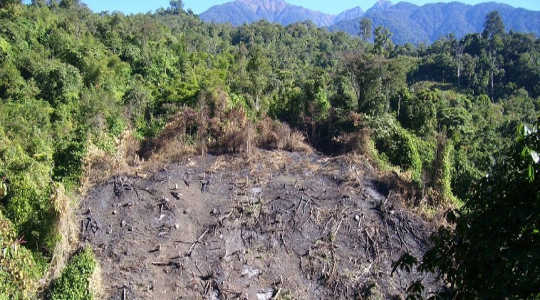 Soldiers of the Eco Task Force are playing a key role in forest, soil and water conservation to help India meet emissions reduction targets set at the Paris climate summit.
Soldiers of the Eco Task Force are playing a key role in forest, soil and water conservation to help India meet emissions reduction targets set at the Paris climate summit.
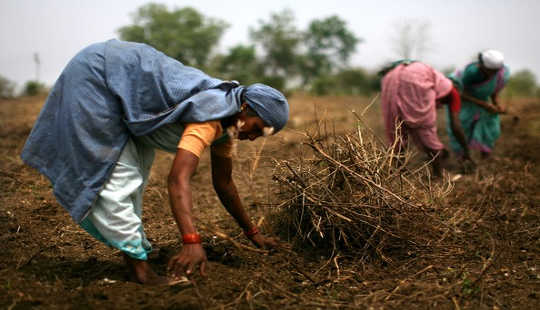 In a context of unprecedented climate change and food insecurity, adaptation in agricultural systems is critical in Africa. It is crucial to breed new varieties of staple crops that are adapted to deal with climatic conditions.
In a context of unprecedented climate change and food insecurity, adaptation in agricultural systems is critical in Africa. It is crucial to breed new varieties of staple crops that are adapted to deal with climatic conditions.
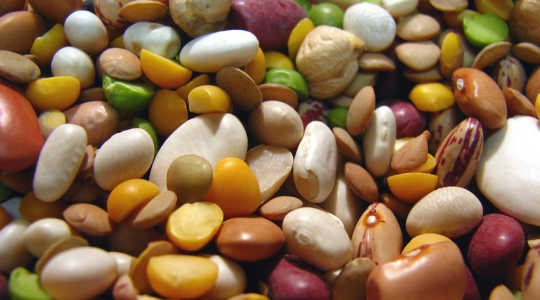 Scientists have found that some varieties of beans ? a vital food crop grown on every continent except Antarctica ? have developed ways of coping with the climate-related droughts that threaten them.
Scientists have found that some varieties of beans ? a vital food crop grown on every continent except Antarctica ? have developed ways of coping with the climate-related droughts that threaten them.
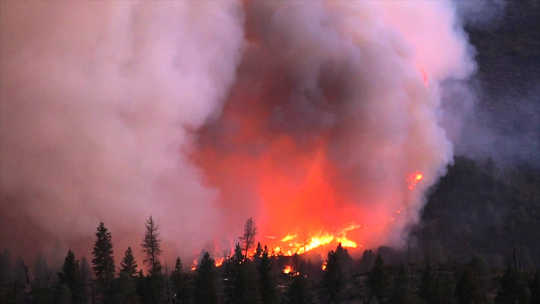 In recent years wildfire seasons in the western United States have become so intense that many of us who make our home in dry, fire-prone areas are grappling with how to live with fire.
In recent years wildfire seasons in the western United States have become so intense that many of us who make our home in dry, fire-prone areas are grappling with how to live with fire.
 The plan for Louisville includes tree-planting targets and cool roofing and paving goals for different neighborhoods. In all, an additional 450,000 trees are recommended.
The plan for Louisville includes tree-planting targets and cool roofing and paving goals for different neighborhoods. In all, an additional 450,000 trees are recommended.















